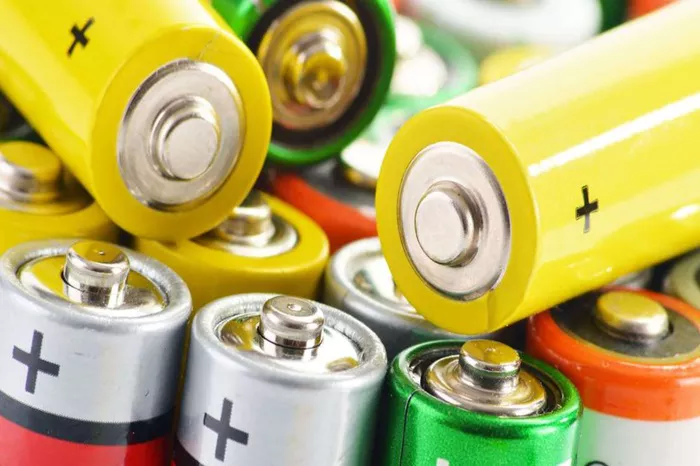A breakthrough in lithium-ion battery technology has been achieved by scientists at the Korea Advanced Institute of Science and Technology (KAIST). Researchers led by Professors Choi Nam-Soon and Hong Seungbum have developed a novel electrolyte solvent called isobutyronitrile (isoBN), which could cut electric vehicle (EV) charging times by half while also extending battery life.
The research, published in Advanced Materials on March 11, addresses a major limitation in current lithium-ion batteries. Traditional electrolyte solvents, such as ethylene carbonate (EC), have high viscosity and strong solvation characteristics, which slow down the movement of lithium ions, thereby hindering rapid charging.
The new isoBN electrolyte reduces viscosity by 55% compared to conventional EC-based electrolytes and boosts ionic conductivity by 54%. This improvement means that EV charging times could potentially be reduced from 30 minutes to just 15 minutes.
Choi Nam-Soon commented, “We’ve developed an electrolyte system that could revolutionize charging times for lithium-ion batteries.” The technology has the potential for wide-ranging applications across industries, including electric vehicles, energy storage systems, drones, and aerospace.
This development marks a significant step forward in battery technology, offering the possibility of faster charging and longer-lasting batteries for various sectors.
Related topics:
- China’s First Nuclear Battery Could Power Devices for 100 Years
- Chinese Company Unveils Prototype of Ultra-Longevity C-14 Nuclear Battery
- Electrovaya Secures $50.8 Million Loan for U.S. Battery Manufacturing

